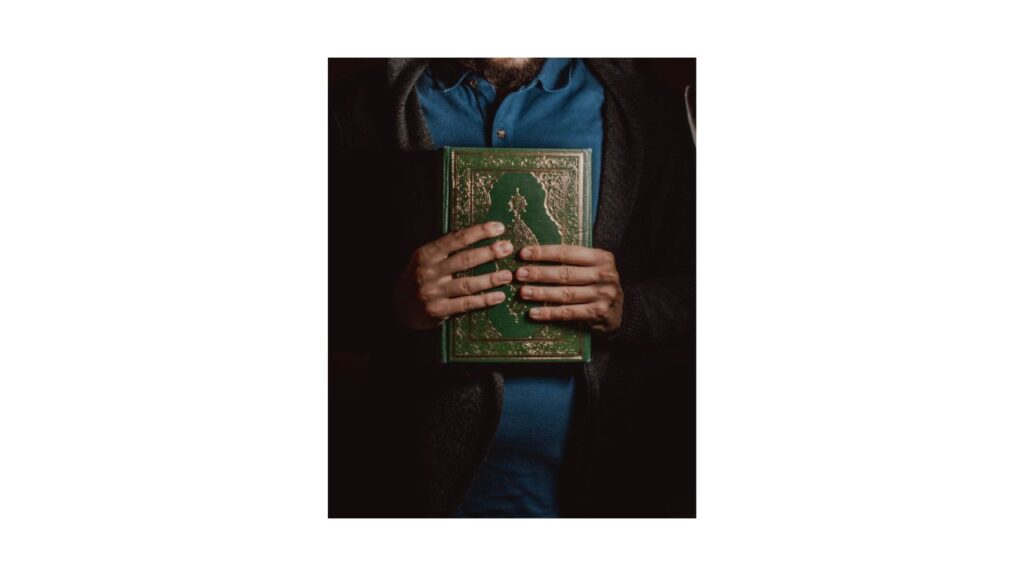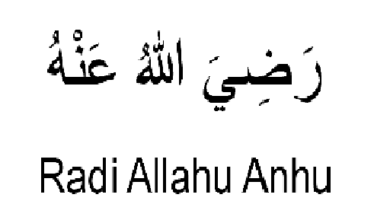

Introduction:
The Quran, the holy book of Islam, holds a revered place in the hearts of over a billion Muslims worldwide. Regarded as the literal word of God, it serves as a comprehensive guide to faith, morality, and righteous living. The Quran’s origin is deeply rooted in history, making it a profound testament to the enduring power of divine revelation. In this article, we explore the origins of the Quran, its length, and the timeless significance it holds for believers.
The Length of the Quran:
The Quran is an awe-inspiring revelation, composed of 114 chapters, known as Surahs. Each Surah varies in length, with the shortest containing only three verses and the longest, Surah Al-Baqarah, encompassing 286 verses. In total, the Quran consists of approximately 6,236 verses, called Ayahs, comprising over 77,000 words. It is crucial to note that the length of the Quran extends beyond mere word count; each verse is a beacon of divine guidance and wisdom.
Historical Origins:
The Quran was revealed to the Prophet Muhammad (peace be upon him) over a period of 23 years, beginning in 610 CE, when he was 40, and continuing until 632 CE, the year of his passing. The revelations were sent down through the Angel Gabriel, who imparted them to the Prophet Muhammad’s heart and mind. The Quran’s divine preservation ensured its flawless transmission from generation to generation, making it a testament to God’s promise to protect His word.
The Linguistic Beauty of the Quran:
Beyond its divine message, the Quran is renowned for its extraordinary linguistic beauty and eloquence. The text is written in classical Arabic, and its verses flow with poetic rhythm and melodious sound patterns. Muslims worldwide are encouraged to recite the Quran with Tajweed, a set of rules that govern proper pronunciation and intonation, adding even greater depth to its enchanting sound.
Themes and Teachings:
The Quran addresses a wide array of themes and topics, providing guidance on matters ranging from theology and morality to law and governance. The central message of the Quran is monotheism, emphasizing the worship of one God (Allah) and the importance of living a righteous and compassionate life. The Quran also recounts stories of earlier prophets and communities, drawing profound lessons from their experiences.
The Quran and Science:
One remarkable aspect of the Quran is its harmony with modern scientific discoveries. Numerous verses allude to natural phenomena that have only been confirmed by scientific research in recent times. For instance, the Quran describes the development of the human embryo in strikingly accurate detail, despite being revealed over 1400 years ago. This concurrence has led many Muslims to view the Quran as a divine sign, reinforcing their faith in its authenticity.
The Quran’s Impact on Society:
Throughout history, the Quran has played a central role in shaping the social, cultural, and intellectual fabric of Muslim societies. It has inspired countless scholars, poets, philosophers, and scientists, fostering a rich tradition of knowledge and innovation. Islamic civilizations thrived as centers of learning and contributed significantly to the progress of humanity in various fields.
The Quran Today:
In the modern era, the Quran remains a source of comfort, guidance, and inspiration for Muslims around the globe. Its teachings continue to resonate with contemporary challenges and provide ethical guidance for navigating complex issues. The Quran has been translated into numerous languages, making its teachings accessible to people of diverse cultures and backgrounds.
Conclusion:
The Quran is an enduring testament to the divine wisdom and guidance of Islam. Its length, linguistic beauty, historical origins, and profound teachings make it a book like no other. Across centuries, the Quran has played an integral role in shaping the lives of millions, offering solace, clarity, and spiritual nourishment. The Quran’s enduring legacy speaks to its timeless significance, as it continues to illuminate hearts and minds, inspiring believers to lead lives of righteousness, compassion, and faith.
How Long is the Quran?
The Quran consists of 114 chapters, known as surahs, varying in length and thematic content.
How many verses are there in the Quran?
The Quran contains over 6,000 verses, each serving as a divine revelation conveyed to Prophet Muhammad.
What is the length of the Quran in words?
The exact word count of the Quran can vary slightly based on different translations and editions. On average, it contains around 78,000 to 79,000 words.
How long did it take to reveal the entire Quran?
The Quran’s revelations spanned approximately 23 years, from 610 CE to 632 CE, during the prophethood of Muhammad.
What language was the Quran originally revealed in?
The Quran was revealed in Classical Arabic, and it remains preserved in this original language to this day.
What topics does the Quran cover?
The Quran addresses various topics, including theology, morality, law, guidance for personal conduct, stories of past prophets, and descriptions of the Day of Judgment.
Is the Quran divided into different sections or parts?
he Quran is divided into 30 equal sections, known as “Juz,” to facilitate its recitation during the month of Ramadan and other occasions.
How long does it take to recite the entire Quran?
The time required to recite the entire Quran depends on the reader’s pace. On average, reciting the entire Quran aloud may take around 12 to 14 hours.
What are the virtues of reading or memorizing the Quran?
Muslims believe that reading and memorizing the Quran carry great spiritual rewards and blessings. It is considered an act of worship and a means to draw closer to Allah.
Are there translations of the Quran available in other languages?
Yes, the Quran has been translated into numerous languages to make its teachings accessible to people worldwide. However, it is essential to note that translations may not capture the full depth and eloquence of the original Arabic text.





